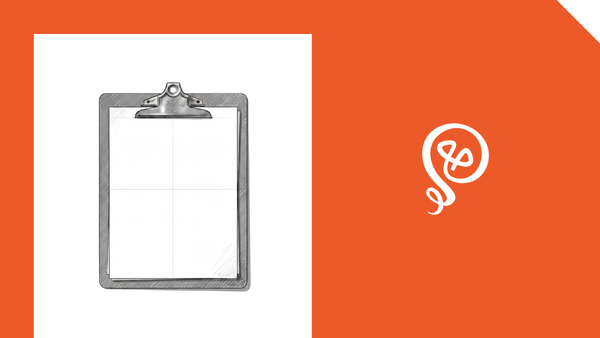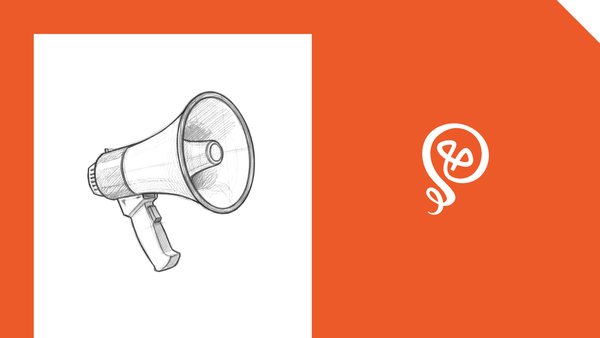Am I Charging Enough for My Services?
Demonstrate your value.

When I first started freelancing, pricing was a giant question mark. I literally had no idea what to charge clients.
Most freelancers are not gatekeepers and will willingly share what they charge. Even when I found a community of fellow freelancers who openly shared their rates, I was hesitant to charge the same. I thought, "They have more experience than me. How can I charge the same?"
I quickly learned that pricing has little to do with how many years of experience I have. It's about the value you deliver — and finding the right clients who are willing to pay for that value.
The pricing lies freelancers tell themselves
"I can't afford to charge more" is a huge mindset block for freelancers. They fear that if they charge more, they'll lose clients.
But undercharging is also risky. You'll have difficulty raising your rates (at least, not a meaningful amount) with existing clients. It's also really hard to build a sustainable business when you don't charge enough to support your lifestyle.
Every freelancer will hear the words, "Your pricing is too high" at some point. It can be a confidence killer. You'll wonder if you should lower your pricing to win the next client (or even negotiate with the client who told you that your pricing is too high).
Instead, tell yourself this. Your pricing is not too high. It's outside of that client's budget. That's not the right client for you.
Perceived value drives pricing
Clients have to believe that your work is worth the money you're asking them to pay.
Very few things have guaranteed results. If clients are hiring you for a service, they have to believe that your work will lead to a return on their investment.
In my work (as a freelance fintech writer), there's often not a direct correlation between my work and results. I'm often hired to amplify a brand through thought leadership content. Does that type of writing lead to a specific increase in sales? Not necessarily. But it improves the brand, and that's worth something.
Here are a few ways you can justify your pricing:
Your portfolio. Make sure you keep your portfolio current with your best work and your biggest clients. It's the best way to showcase what you're capable of doing.
Your professionalism. Everything a potential client sees shows them that you take your business seriously. This includes things like your website or the proposal template you use.
Your social media presence. Talk about the work you do and demonstrate your expertise. There's a lot that happens behind the scenes that isn't obvious from your portfolio.
For example, I worked in fintech for 15 years as a product manager before I pivoted into content marketing and journalism. I mention this frequently on social media, because it justifies my pricing: I'm an expert on certain topics.

Revisit your pricing regularly
My pricing has more than doubled since I started freelancing full-time three years ago.
It's ok to start with pricing that you think clients will pay. But you should quickly raise your rates as you get better examples in your portfolio and establish yourself as a solid freelancer.
In the early months, I would raise my rates with almost every new client. I had a target in mind, based on what I knew other freelancers were charging. I just needed to build a portfolio of work that demonstrated I was worth the same.
It's also ok to charge a little higher than you think clients will pay. You'd be surprised. If you have a good social presence or other cues, clients might be willing to take a chance on you, even if you don't have the demonstrated experience.
One thing I don't do is raise prices on existing clients. I know some freelancers do that, and that's certainly an option. But, to me, it's not worth rocking the boat in the relationship. I'm satisfied with the rates my clients are paying, and still occasionally raise rates for new clients (especially if it's directly within my niche).

Pricing is an investment in your business
If you don't charge enough, it's a quick path to burnout. You'll need to work harder to earn the amount you need. Plus, low-paying clients are sometimes the most difficult because they don't value your work as much.
Charging higher rates gives you the resources to deliver better work, invest in tools, and build a sustainable business.
You can serve your clients and protect your capacity by working less for the same (or more!) money.
Freelance pricing is hard to figure out, but I’ve created a free resource for fellow writers. It outlines my rates, how I think about pricing, and how my pricing has evolved over time.







